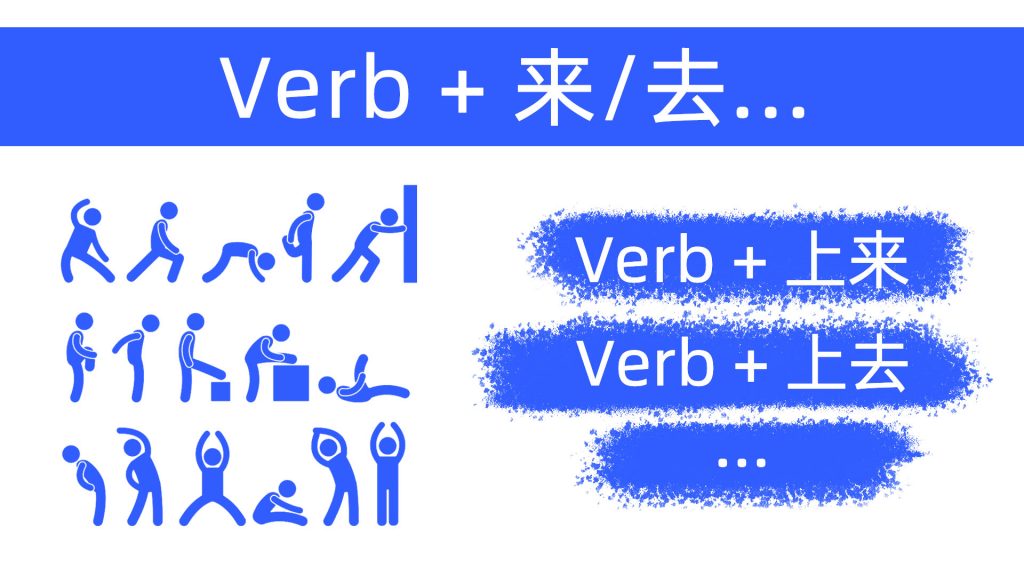
吗(ma) is a commonly used interrogative particle in Chinese grammar, which is often added to end of declarative sentences to make interrogative questions, including yes-no questions, rhetorical questions and tag questions. We put together the uses of 吗(ma) in this article which can help you learn more about it.
Yes-No Questions with 吗 (ma)
吗(ma) is often placed at the end of a declarative sentence to form a yes-no question. A yes-no question can be answered with words that indicate affirmation or negation, such as 是(shì)/不是(bú shì), 对(duì)/不对(bú duì), 嗯(èn), etc.
Here are some example sentences with "吗".
A: 你是学生吗?
Are you a student?
B: 是的。
Yes, I am.
A: 这是你的雨伞吗?
Is this your umbrella?
B: 不是。
No, it’s not.
A: 你住在这里吗?
Do you live here?
B: 嗯。
Mmm.
Note: In the yes-no questions with 吗(ma), adverbs such as “的确(díquè)” and “真的(zhēn de)” can be added before the verb (phrase) to strengthen the interrogative mood.
你真的是学生吗?
Are you really a student?
这真的是你的雨伞吗?
Is this really your umbrella?
你真的住在这里吗?
Do you really live here?
Rhetorical Questions with 吗 (ma)
In everyday spoken Chinese, people often ask questions which they already know the answer to, that is, rhetorical questions. 吗 can be used with words such 不是(bú shì), 能(néng), 能不(néng bù), 难道(nándào), etc. to form rhetorical questions. “不是(bú shì)......吗” and “能(不)......吗” are very common collocations.
“不是......吗” can be used to express the speaker’s confusion, dissatisfaction, or sarcasm or remind someone of something.
Examples
他不是会说汉语吗?(confusion)
He can speak Chinese, can’t he?
我不是说过不要打扰我吗?(dissatisfaction)
I told you to leave me alone, didn’t I?
你不是说你一个人可以的吗?(sarcasm)
You said you can do it alone, didn’t you?
你明天不是要去北京吗?(remind)
You are going to Beijing tomorrow, aren’t you?
“能(不)......吗” is often used to express sarcasm in rhetorical questions. It’s positive form means the negative, while it’s negative form means the positive.
Examples
你菜里放那么多盐,这菜能好吃吗?
You put too much salt in the dish, how could it be delicious?
(The dish is not actually delicious. )
昨晚那么冷,你又穿得那么少,能不生病吗?
It’s so cold last night, and you didn’t wear enough clothes. How could you not get sick?
(You will be sick.)
你每天吃那么多东西,又不运动,能不胖吗?
You eat so much every day and don’t exercise. How can you not get fat?
(You will get fat.)
Tag Questions with 吗 (ma)
吗(ma) is also used in tag questions to ask for advice or to ask for confirmation. Just add a confirmation word and 吗(ma) to the end of a declarative sentence.
Examples
小张,听说你下个月要结婚了,是吗?
Xiao Zhang, I heard that are going to get married next month, right?
我想向你请教一个问题,可以吗?
May I ask you a question?
你没跟我说过这件事,对吗?
You didn’t tell me about this, right?
Conclusion
To sum up, 吗(ma) is a typical interrogative particle which is used in yes-no questions, and sometimes it appears in rhetorical questions or tag questions. If you have any other questions about the use of 吗(ma), welcome to let us know in the comments and we would like to answer for you.






Comments